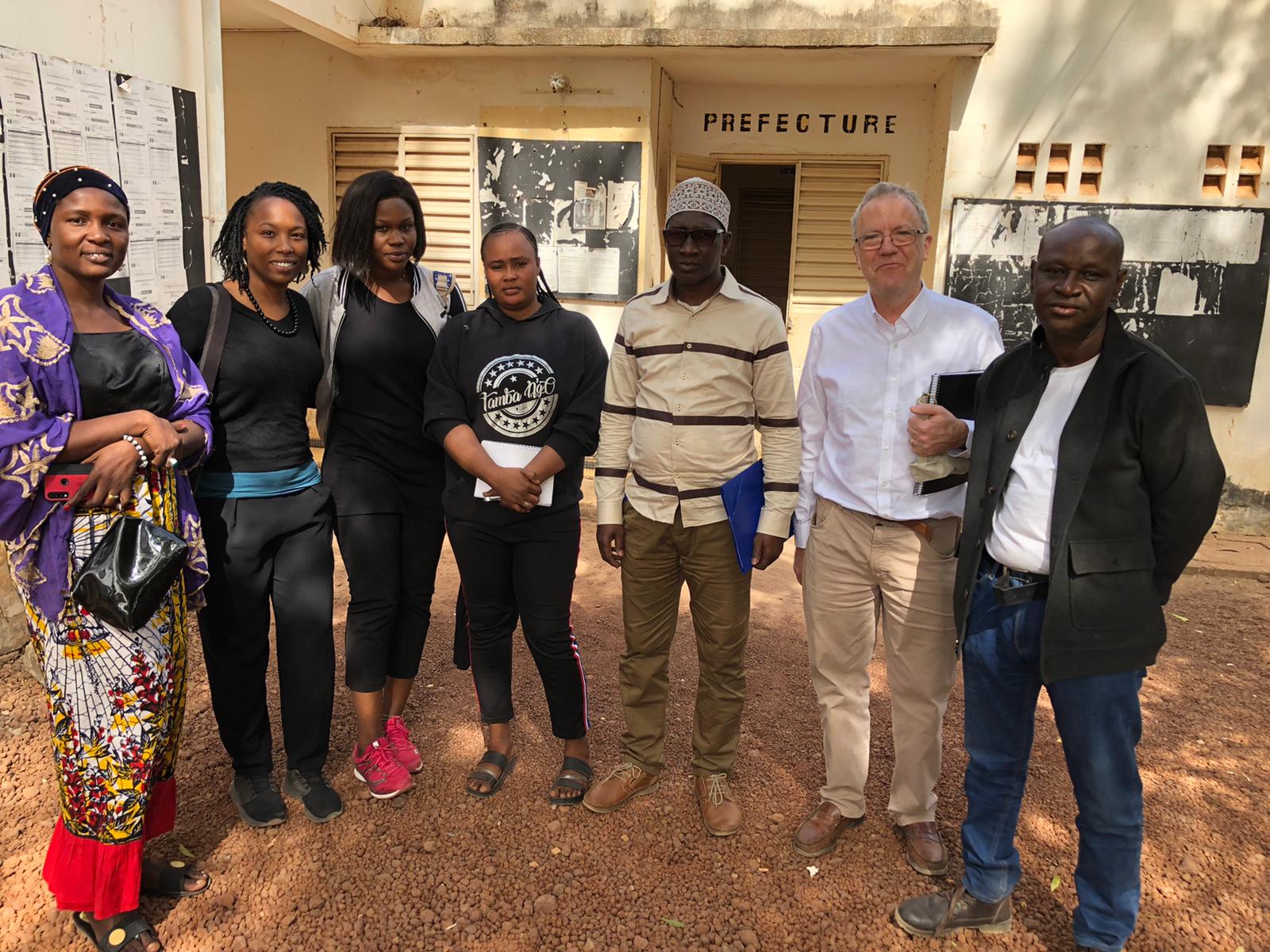
15 years of Esade Alumni Social
On 19th January 2020, we were at a party in the central courtyard of an agroforestry company in Senegal, not far from Gambia and Mali. The music was Cuban and Senegalese. In attendance were the company’s management team and employees, the Catholic priest of Goudiry, and two Esade alumni: Naima Zodros and myself, Xavier Auroux.
Everyone was buzzing around: some were cooking, some were preparing the music, some were setting the table, and the rest were dancing. The sky was black and transparent, with a special moon and many, many stars. The food – shared by everyone – was served in pans with cereals, vegetables and local meat.
And what was the occasion? It was the end of a 15-day visit by consultants from Intermón Oxfam and Esade Alumni. Until that moment, I had never heard of a farewell party for consultants. But we were in Africa, where human relations and manners are different from the distant Western orthodoxy.
But let’s back up a little: What were Naima and I doing in Goudiry?
"Until that moment, I had never heard of a farewell party for consultants"
Experna EIG: An Agroforestry Company to Stop Emigration
Goudiry is known as the “forgotten Senegal”. It is a very disadvantaged region that suffers greatly from the phenomenon of migration. It is also precisely the place where the people from Experna EIG – the company we came to collaborate with – do their work.
Experna – an acronym referring to the economic use of natural and agricultural resources – is a social enterprise created in 2007 with the aim of creating wealth in this disadvantaged region through agroforestry work centred on cultivating and replanting baobab trees.
The company employs seven permanent workers and around 30 seasonal workers – mainly women – and benefits more than 700 people overall.
Its main objectives are: to help create jobs, especially for women; to raise the income level of women and young harvesters; and to train women in leadership, investment and entrepreneurship.
Experna buys baobab fruit – which comes from the silviculture efforts of organised groups and individuals – and transforms it into powder, oil and other by-products. The powder is sold to Dakar-based companies for local consumption in various forms, but also to Africa and Europe.
Also worthy of note is the company’s environmental work: mapping baobab forests, organising volunteer forest-lookout brigades and creating community forests.
Experna promotes and expands the role of women in Senegal
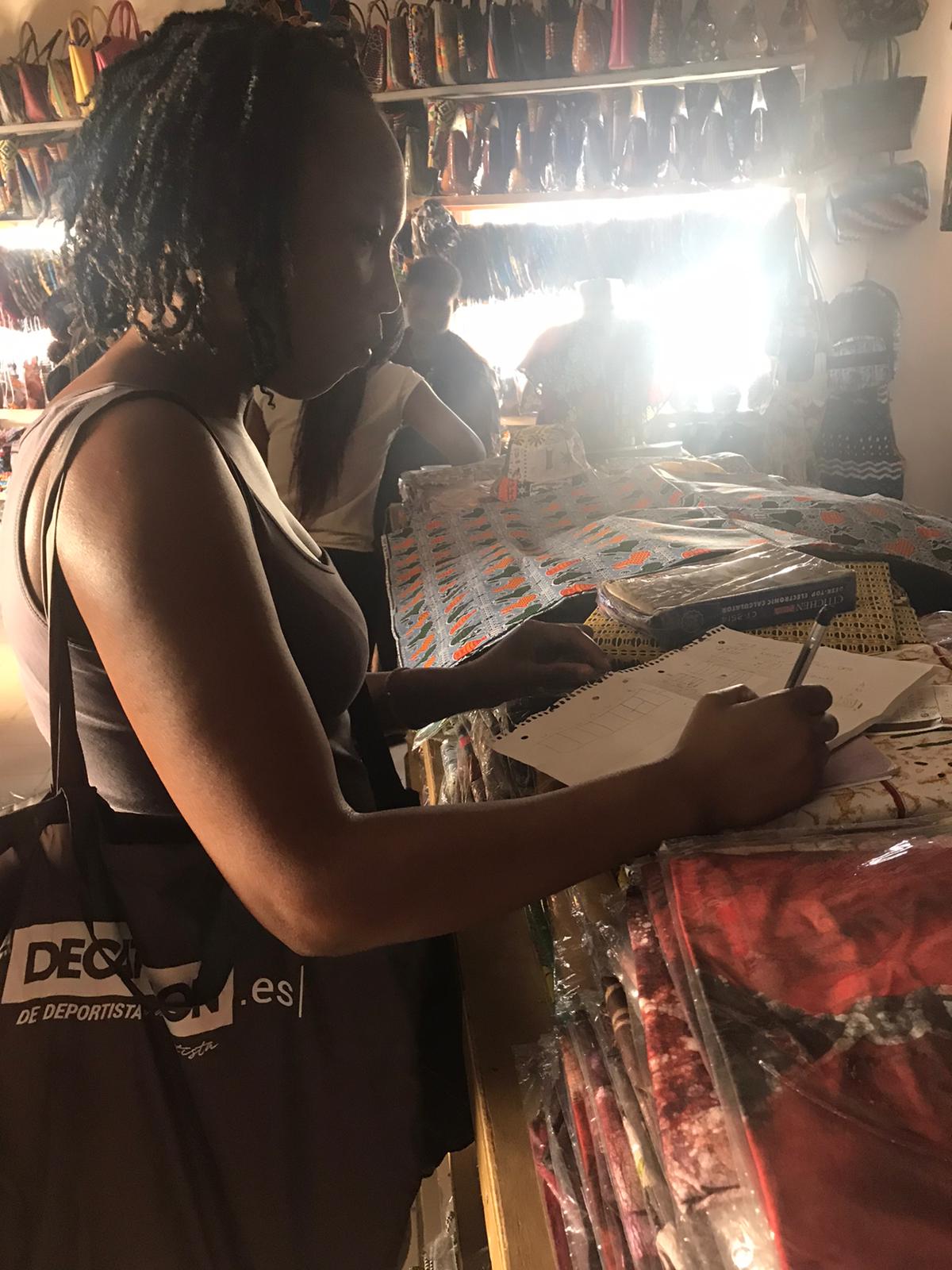
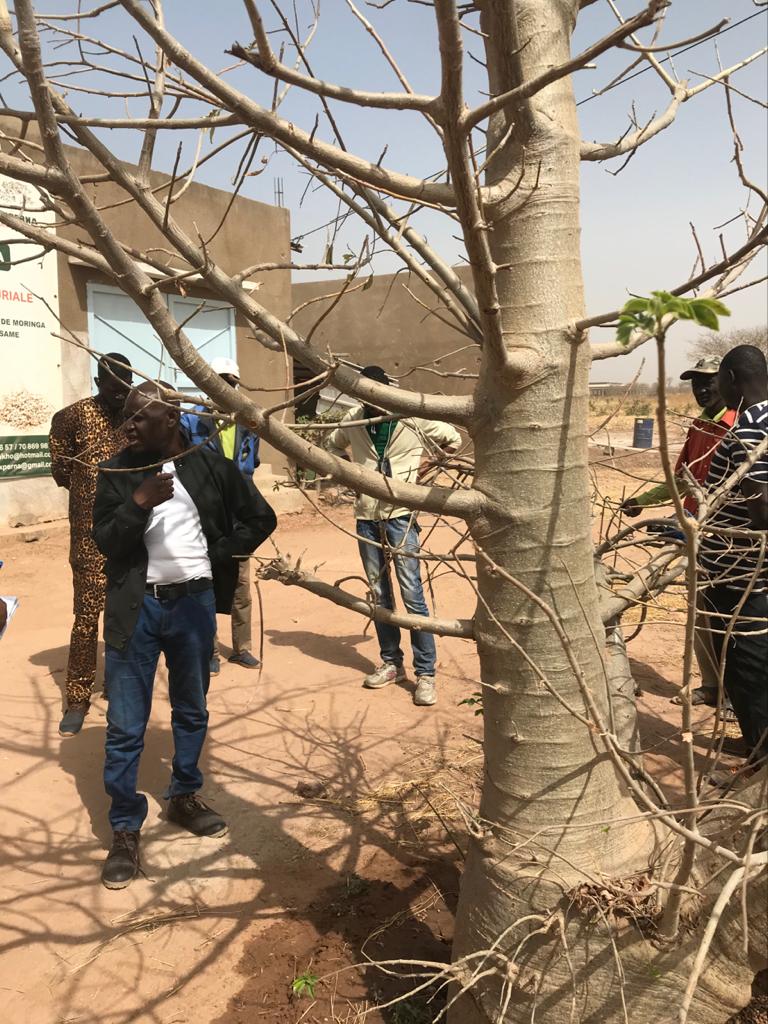
Sustainable Development Goals
Forest management and the team behind Experna contribute to the Sustainable Development Goals, particularly the following:
- Goal 5 Gender equality
- Goal 8 Decent work and economic growth
- Goal 9 Innovation and infrastructure
- Goal 10 Reduced inequalities
- Goal 15 Sustainable use of terrestrial ecosystems
Consulting project: reflecting on the roadmap
The consulting project involved performing a strategic diagnosis to help Experna plan for the future. The aim was to accelerate the company’s growth in order to achieve social objectives in the region.
A strategic plan, developed collaboratively through individual interviews, was drawn up. In parallel, three workshops were held: one on production, one on sales and one on costs.
The company’s aim was to become an important processor of baobab fruits, powders, oil and beverages, but also to produce quality artisanal soap made from gum arabic. It also aspired to bring together the women farmers of Goudiry/Tambacounda and the young harvesters within their Economic Interest Group (EIG) in order to become a renowned agricultural SME in the region.
In the future, Experna hopes to increase its output – from 8-10 tonnes to 50 tonnes per year – as well as its processing capacity, in order to access and serve the Dakar market and increase the organisation’s income and, consequently, that of its members, i.e. the farmers and producers of the region. In the near future, Experna plans to begin exporting, particularly to Europe.
This collaborative process provided a venue for reflection on this future, in addition to tools and roadmaps.
The consulting project provided insights and tools for the future of Experna
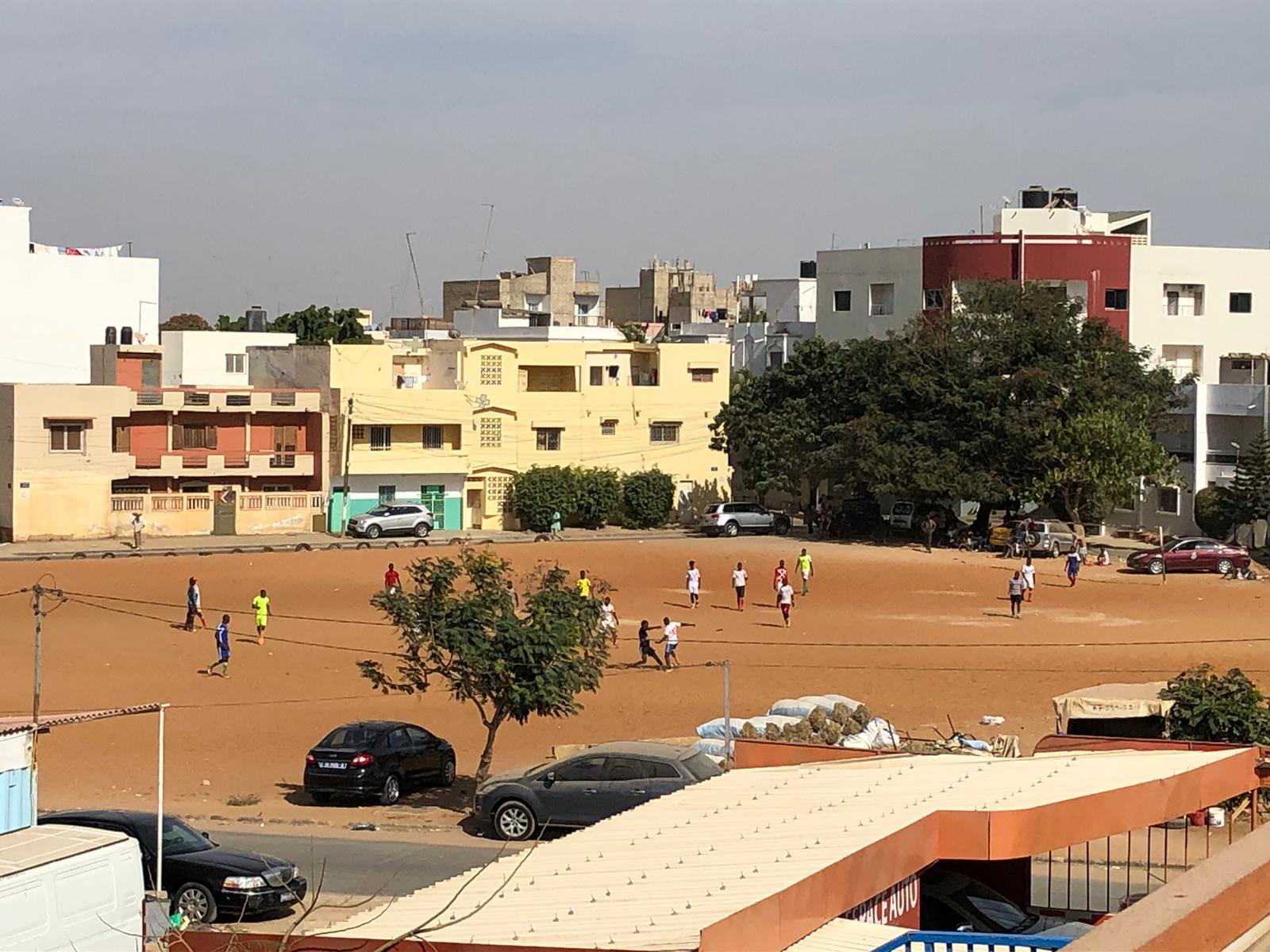
The experience: welcomed, acknowledged and appreciated
The journey from Dakar to Goudiry was long. The roads get worse and worse the further you travel from Dakar. The last 200 kilometres of road has been practically destroyed by lorries travelling from Mali to the coast, which for security reasons have no alternative route. What was once a local road has become vitally important for Mali, yet it was not designed to withstand this heavy traffic.
When we arrived in Goudiry, the Experna team, together with the Oxfam and Esade teams, were welcomed by the Prefect of Goudiry – the central government’s highest representative in the city. He let us know, with total sincerity, that he was at our service and willing to help in any way he could. Our collaboration was seen as essential to the progress of the company and the region. They made us feel important, welcomed and recognised.
The village priest attended the party because he was a good friend of the factory’s employees. The area is home to around 200 Catholics – 5% of a population that is mostly Muslim. The coexistence of the religions is exemplary. During the Easter season, Christian families cook ngalakh and share it with the entire community. Neighbours stop by Christian homes with all sorts of receptacles to collect their share of this typical dessert. From a business standpoint, this tradition has to be taken into account, since it generates a seasonal sales peak.
This week, Adama, the woman in charge of production, told me: Vous nous manquez – “We will miss you.” That meant everything to me.
We have to help Africa. It is on the brink. The income gap with Europe is immense. African people see images in the media of the differences – sometimes false – that exist between themselves and Europe.
Educational attainment is rising, and women are still having many children. A boom is coming. Practically all of the world’s population growth in the next few years – around 1 billion people – will come from Africa. We have to help them achieve personal and economic advancement at home.
Africa is the continent of the future. We have to help them progress and find opportunities in their own countries.
Emigration is always a failure. It is not easy to adapt to cultures, languages and religions that are sometimes very different. We have to ensure that there are ethical companies that distribute resources to the population in the form of work and wages, as well as to the state, in the form of taxes.
We must also help them fight against climate change, which for Africa could be disastrous. In Goudiry, average temperatures can climb as high as 45ºC in the hottest summer months. Elderly people say that it used to rain three times as much as it does now.
We have to help them. Esade Alumni Social has given me one of the greatest possible gifts: enabling me to do so.
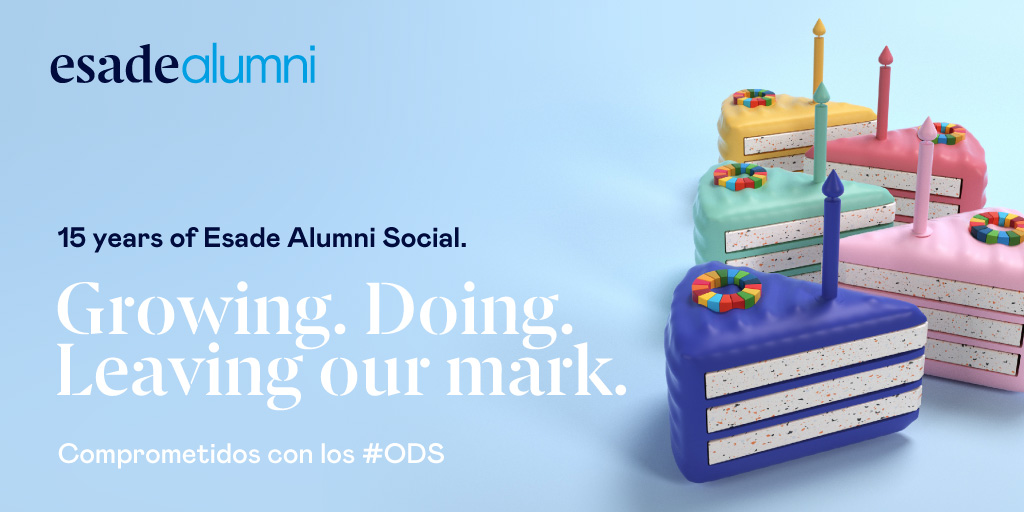
Debemos ayudarles, y Esade Social me ha hecho uno de los mejores regalos de mi vida al permitirme hacerlo.
Author: Xavier Auroux
Experna EIG:
Opa Cissokho (director)
Adama Sadio Baldé Balde (production and operations manager)
Yakhare Traore (sales manager) – Maya
Yacine Yade (sales manager)
Madina Diallo (superfície)
Fode Guye (machine operator)
Mamadou Giop (machine operator)
Boubacar Camara (planning and evaluation manager)
Bassirou Fall (horticulture specialist)
Assane Fayara (harvesters and soap)
Oxfam:
Seynabou Su Ndiaye (Oxfam Senegal)
Ousmane Gueye (Oxfam Senegal)
Josep Ferrer (Intermón Oxfam Barcelona)
Anaïs Mangin (Intermón Oxfam Barcelona)
Esade Pro Bono Consultants
Naïma Zodros
Xavier Auroux

































